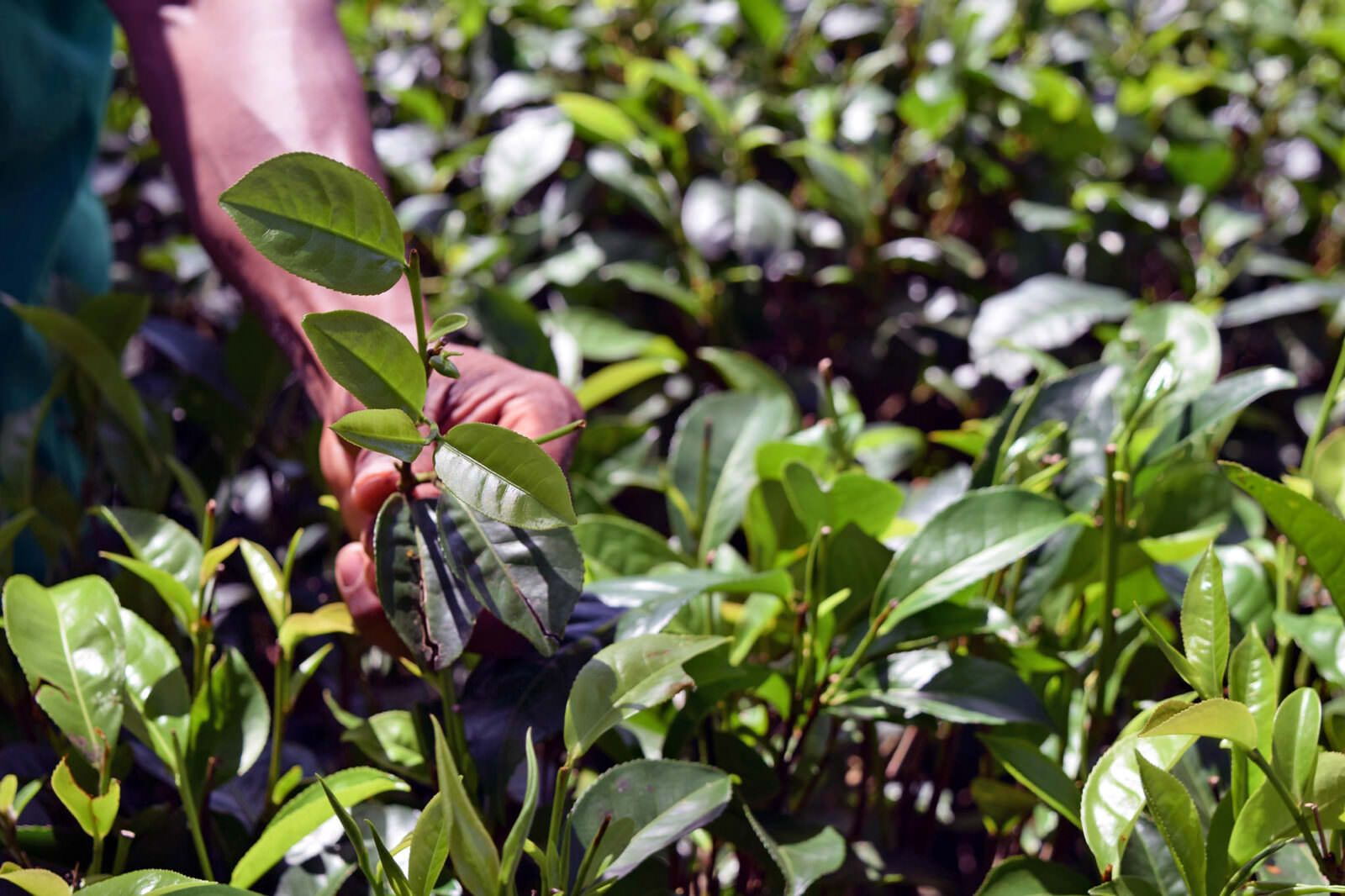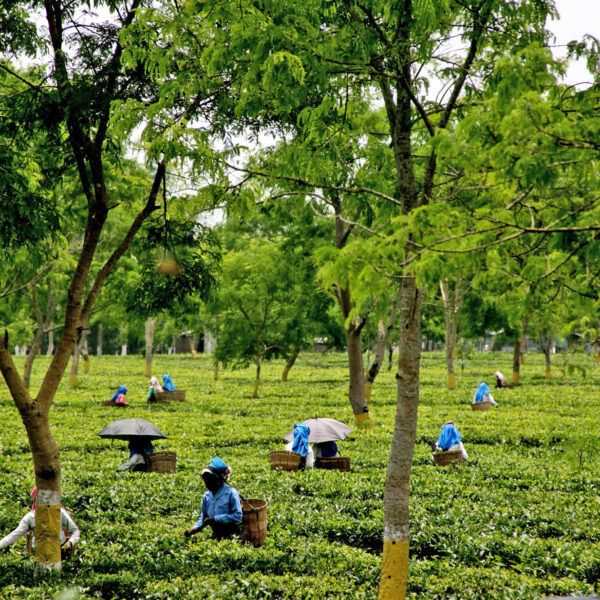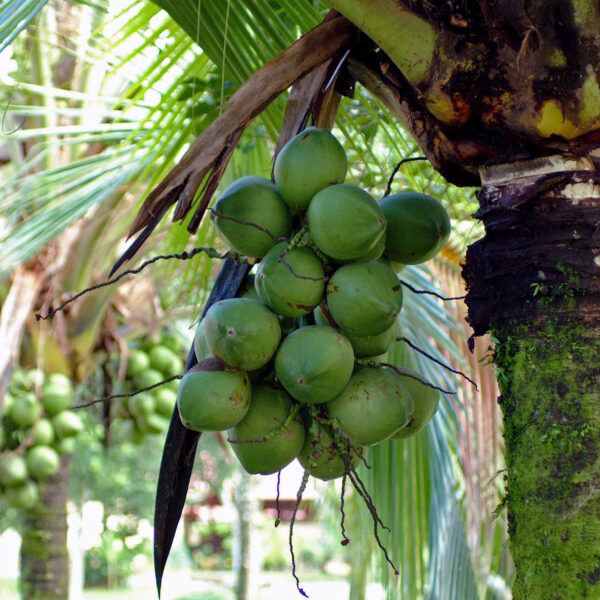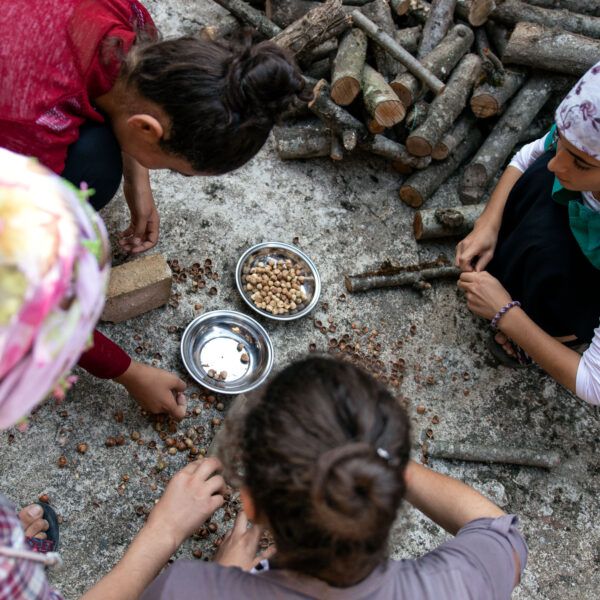On 31 May 2018, the University of Sheffield released their Global Business of Forced Labour study.
We welcome this independent research which looked at tea production in two Indian regions: Kerala and Assam, and at the cocoa industry in Ghana. All credible, methodologically sound independent investigations add great value to our work especially in the most challenging areas we work in, like India and West Africa.
While the findings are very concerning, they do not come as major surprise: we identified these regions as high-risk several years ago.
The University of Sheffield’s findings are extremely valuable, and confirm the complicated local social, economic, and political context of the tea industry in India.
The ongoing challenges with systemic, deeply rooted poverty, poor infrastructure and climate catastrophes such as floods and droughts mean that tea production remains very challenging especially in Assam.
Whenever we receive evidence about violations on certified plantations we follow a strict investigation protocol. This includes an unannounced visit by the certification body to carry out an in-depth investigation of the issue, and based on the evidence found, a decision is made as to whether the plantation can stay certified or must be cancelled. We are in contact with the researchers and plan to investigate the plantations that were covered by this report, provided that they share the plantation names with us.
If the reported issues in the study have taken place on a Rainforest Alliance Certified plantation, and are within the audit scope, it is a clear violation of the Rainforest Alliance Sustainable Agriculture Standard and would therefore be subject to suspension or decertification if our own investigation confirms the nonconformance.
Many of the estates in Assam and other areas of India are actively addressing certification challenges. Some are taking their first steps towards sustainability; others are investing heavily to improve environmental and social practices and achieve certification. However, there is still much more work to be done. This makes it particularly important that we work in this region, as an important force for improvement.
The Rainforest Alliance is aware that effective implementation of certification standards present challenges in Assam and other parts of India. We have been actively addressing this issue since we first began working in India in 2007. In 2017, the Rainforest Alliance changed its approach by embedding unannounced audits in the audit cycle, which is now a global requirement and not specific to Assam.
We have an existing Assam action plan which focuses on housing, labor issues, and access to water and sanitation and includes increased training for local certification bodies, for instance on social auditing skills. With the University of Sheffield’s information, we will broaden it and include additional labor issues which are within our scope of influence, such as wages.
Standards alone cannot resolve most labor issues. Ours is a joint effort with producers and the other supply chain actors; without the other actors, including government, companies and NGOs, no standard can resolve these challenges alone.
Certification can, however, be a powerful tool in a broader, collaborative strategy for change. Many independent studies show the positive impact of certification in different regions of the world. It is vital that we continue to work closely with the Indian tea sector – including companies, producers, and local stakeholders – in order to improve the lives of the thousands of workers.
The Rainforest Alliance remains committed to improving living conditions on certified farms in India, Africa and around the globe. In close collaboration with local and global stakeholders, we will continue to do our part in bringing these challenging sectors to a more sustainable reality.




